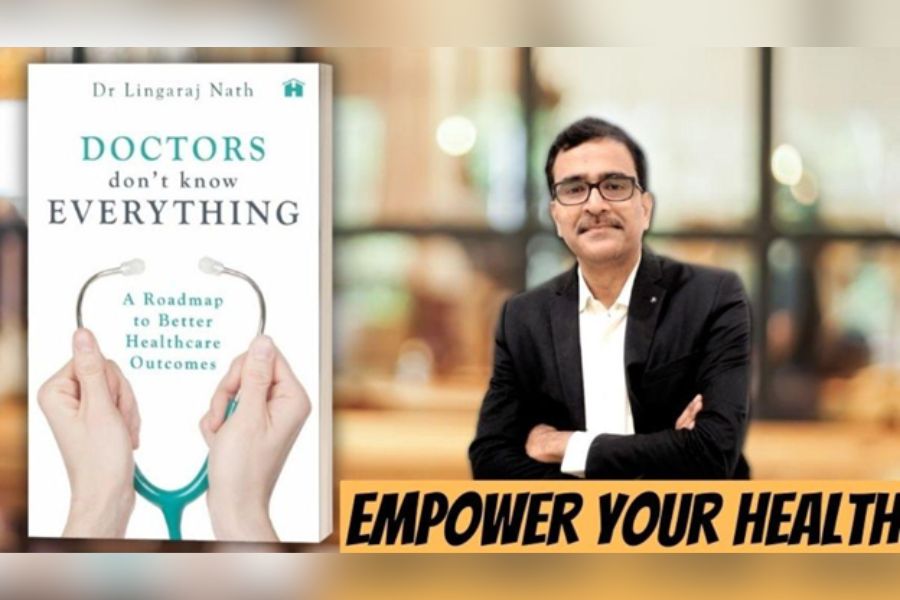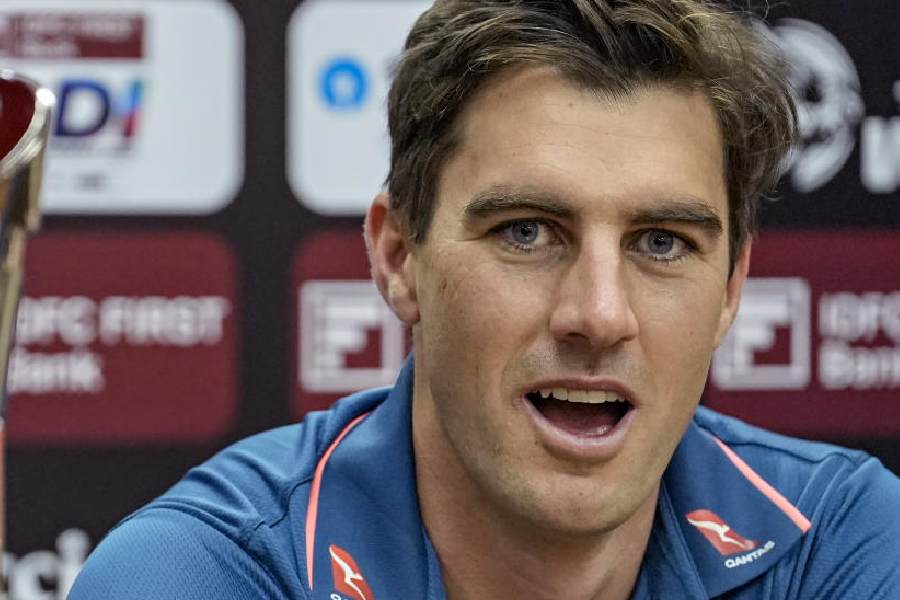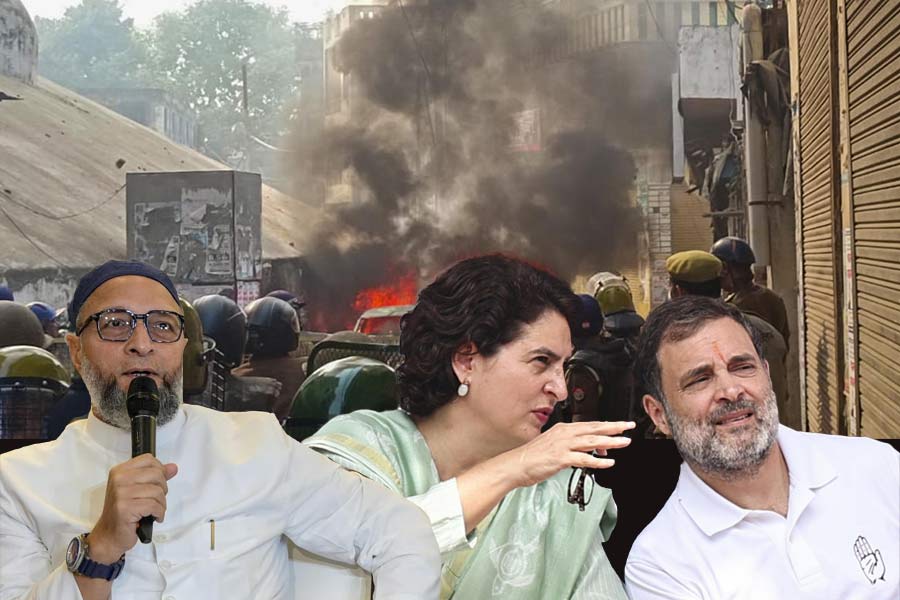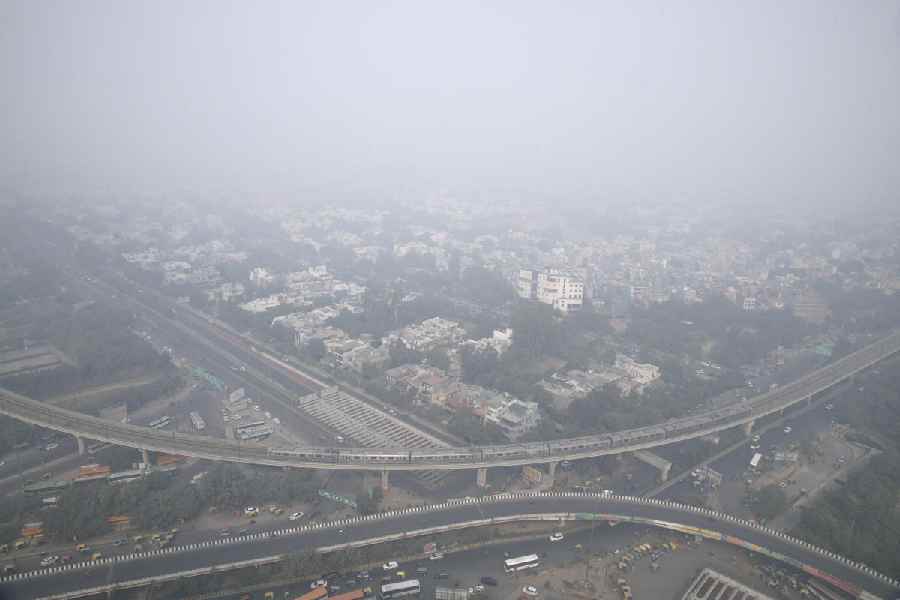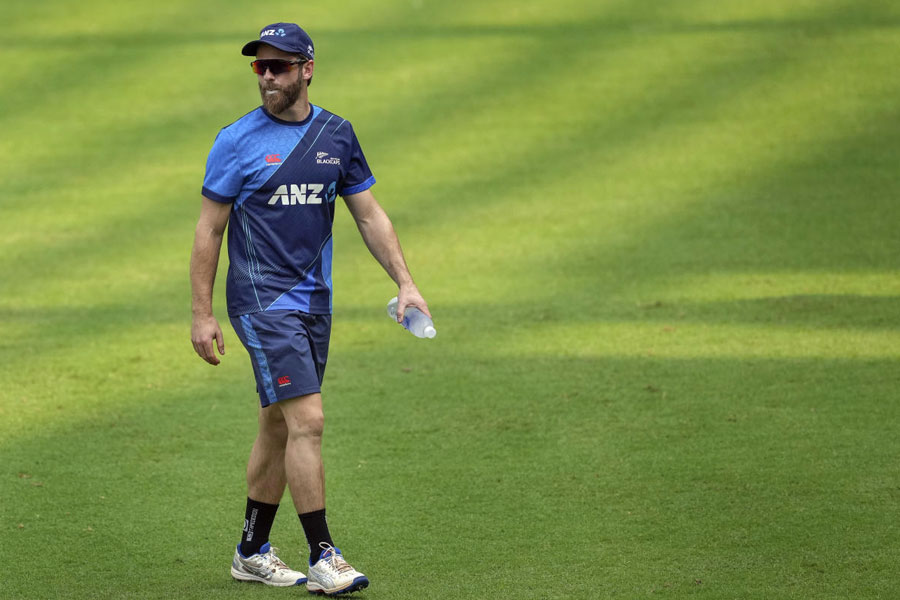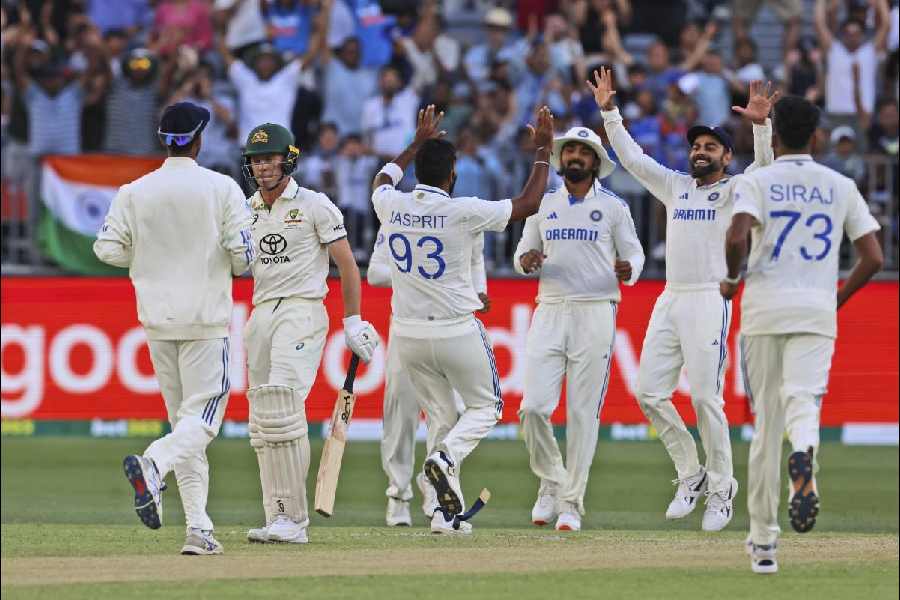Bhubaneswar (Odisha, India), September 16: In an era teeming with medical information, finding the right path to health can be a labyrinthine task. Dr. Lingaraj Nath's new book, “Doctors Don't Know Everything,” aims to be your guide through this complex journey. Published by Hay House Publishers India, the book is a seminal work that delves into holistic wellness and challenges conventional healthcare paradigms. It empowers readers to be proactive participants in their own well-being, rather than passive recipients of medical advice.
Drawing on his extensive medical background, Dr. Nath navigates the reader through the intricacies of the healthcare system, highlighting the untapped power of patient agency. The book has already received critical acclaim from industry leaders for its compelling insights into physical, emotional, and spiritual well-being.
As healthcare evolves, so does the patient-doctor relationship. Dr. Nath's book addresses this shift, advocating for a balanced, patient-centric approach. Now available online and in bookshops nationwide, “Doctors Don't Know Everything” is not just a read; it's a transformative experience, a crucial tool for anyone seeking to navigate the ever-changing healthcare landscape.
Here are Dr. Nath's insights about his book.
What inspired you to write ‘Doctors Don’t Know Everything’. How did your background in medicine help you?
Two significant life experiences led me to question the traditional doctor-centric approach to healthcare. First, during the COVID-19 pandemic, I noticed that proactive individuals who focused on boosting their immunity and used digital health resources effectively fared better than those who solely relied on medical professionals. Second, I observed a distinct difference in recovery rates among heart surgery patients with similar risk factors. Those who took an active role in their well-being by utilizing readily available health resources and maintaining a positive mindset were healthier and happier post-surgery than those who passively followed doctors' orders. These observations prompted me to investigate how individuals could take a more proactive role in their health journey, utilizing both digital resources and a holistic approach to healthcare. This research laid the foundation for the central theme of my book, which advocates for a more balanced, patient-centric approach to health and wellness.
Your book focuses on the importance of patient advocacy and self-health. Could you elaborate on why this is a game-changing perspective in health care?
The need for self-care and patient advocacy is urgent, given the internet's misinformation and complex healthcare systems. Patients navigate endless paperwork and serious illnesses like cancer. My book offers a patient-centric guide, aiming to balance the doctor-patient dialogue. It challenges the current top-down healthcare approach, aiming to make the healthcare process less intimidating and more empowering.
How does your book tackle the unique challenges and nuances of the healthcare scenario in India?
Indian healthcare faces unique challenges, lacking both primary care and overwhelmed tertiary facilities. Record-keeping is inconsistent, and digital systems are often incompatible. Women's healthcare is mainly neglected. The confusion caused by online health information drives people to unreliable sources. In this scenario, proactive self-care and digital literacy are essential for optimal health in India.
You talk about physical, emotional, and spiritual well-being. How do you think these elements interact and contribute to overall health?
Yoga and meditation, part of our heritage, are now scientifically proven to treat various ailments, including high blood pressure and mental health. Emotional well-being, fostered through love and companionship, also contributes to lasting health. Instead of just treating diseases temporarily, holistic health in today's world means blending traditional practices like yoga with modern digital health tools and preventive measures.
Are there any real-life stories or experiences that you included in the book to illustrate your point?
The chapter on love recounts a couple so intimate that the wife passed away shortly after her husband's death, highlighting the role of love and companionship in health. Another story explores the internet's impact on healthcare, describing a patient who self-diagnoses via 'Dr. Google' before consulting a real doctor. The tale underscores the evolving doctor-patient dynamic in the digital age.
What is the one takeaway that you hope readers will gain after reading the book?
Today's healthcare is complex and lacks the old-fashioned family doctor's guidance. Your health outcome relies on your proactive approach to digital tools, yoga, diet, and record-keeping. While doctors are knowledgeable, remember you know your body best, especially when specialists offer limited time after long waits.
Your book challenges some traditional medical paradigms. What kind of debate or discussion do you hope to spark within the medical community?
The era of the top-down approach of ‘doctors know it all’ is truly over. As doctors, we have to accept our limitations. The time has come when the patient can sit across the table and demand the right to health autonomy, health empowerment and dignity. We need to be more open and transparent about medical errors, like in the Western countries. Most importantly, we have to think about healing rather than curing. The need for more technology is less urgent compared to a more humanistic approach to medicine.
How do you see the healthcare industry changing as a result of issues raised in your book?
Incorporating preventive aspects of health care like diet, discussing women’s health and yoga into the current practice of curative medicine would be a welcome first step. Making the health care delivery simpler, transparent and user (patient) friendly would be another important takeaway. As we enter the era of an ageing population, pandemics, chronic diseases and mental health issues, the traditional approach of the visit-investigate-treat model is going to be less successful and a burden on the suffering masses.
What would you say to readers who might be sceptical about taking a more active role in their healthcare decisions?
Studies confirm that proactive individuals who focus on personalized health live longer and healthier lives than those who blindly follow medical advice. Over a lifetime, you'll encounter many healthcare providers, not all of whom will understand your needs. Having prior knowledge about your health conditions allows you to make informed decisions and get better care.
What next, are you planning any follow-up books or other projects to further explore the themes presented in the book? Doctors don’t know everything.
I aim to shift the focus from doctors' perspectives to patients' needs in healthcare. I want to establish a self-health advocacy centre to promote self-empowerment, integrate traditional wisdom with modern medicine, and simplify healthcare for the elderly. Not only that, but I believe digital tools can efficiently achieve these objectives, offering a lot of potential in this evolving health field.
The book ‘Doctors Don’t Know Everything’ can be purchased here: https://www.amazon.in/Doctors-Dont-Know-Everything-Lingaraj/dp/9394613900/
Disclaimer: This is a sponsored article and does not involve any editorial input. The views expressed, including any statements, views, opinions, announcements, declarations, or affirmations are neither supported, nor endorsed by The Telegraph Online.

